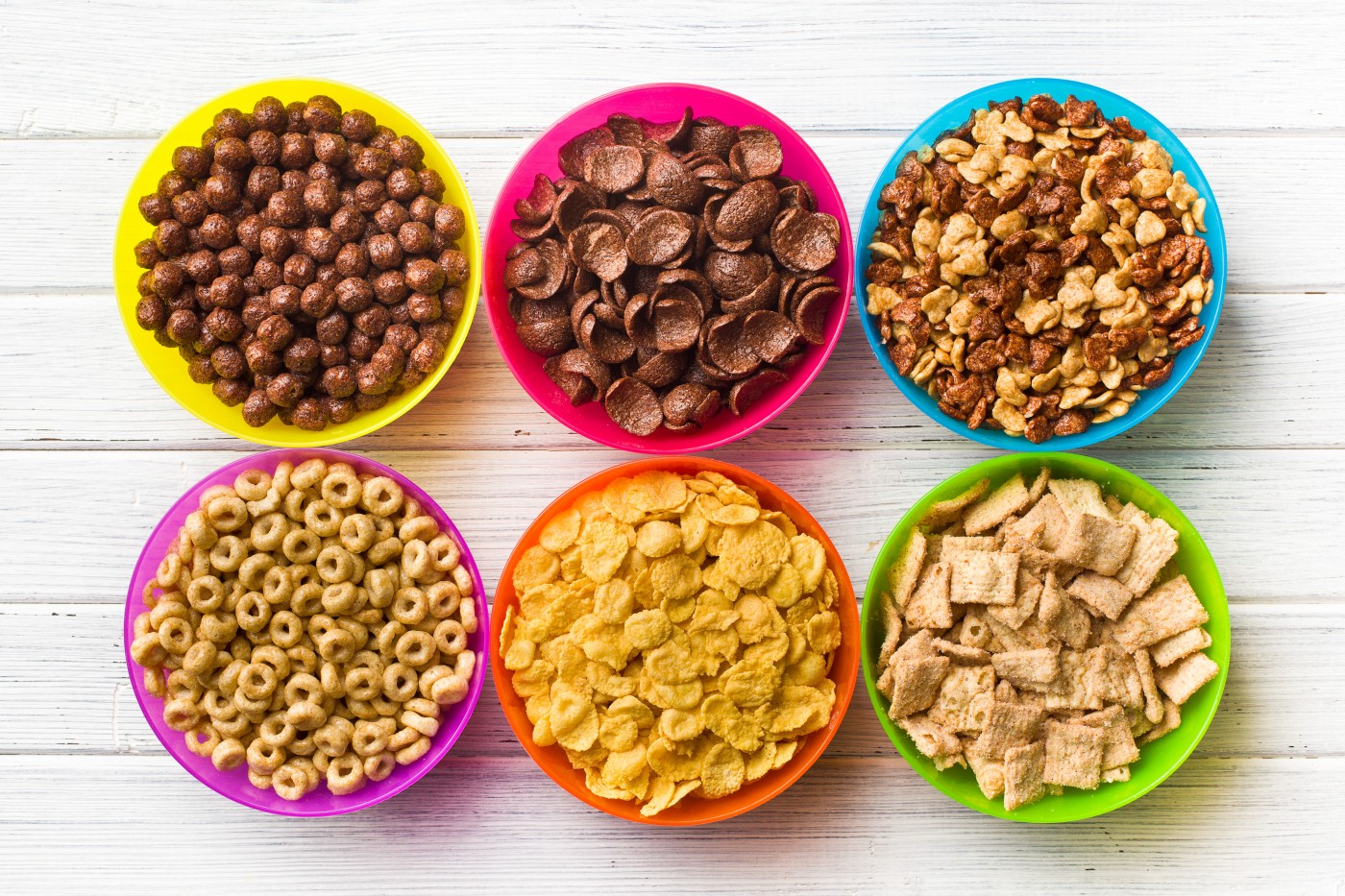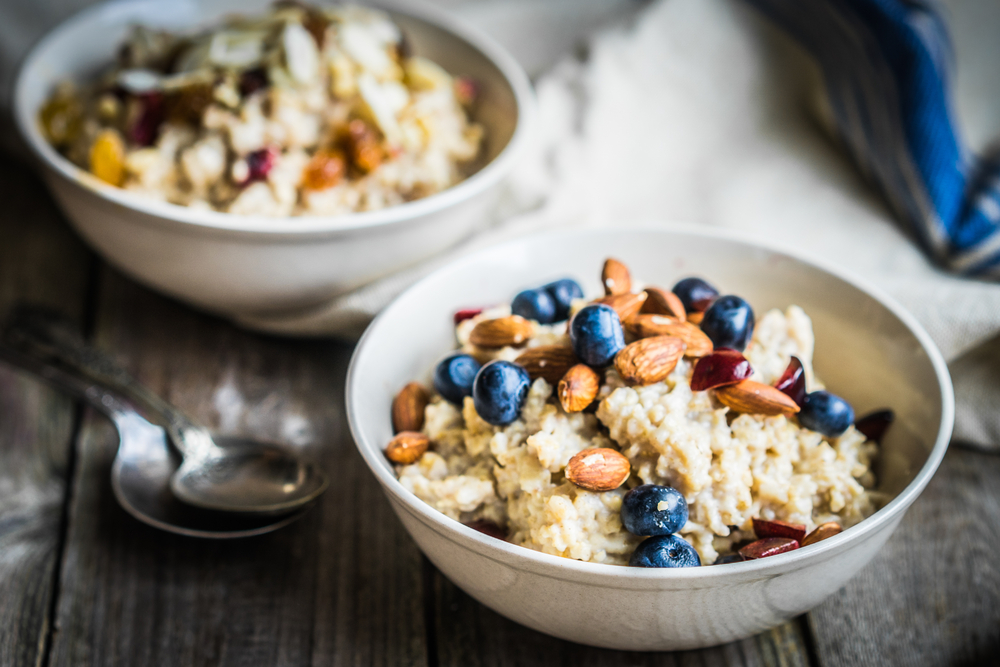 A recent study published in the Annals of Nutrition and Medicine suggests that our choice of breakfast cereal may affect how full we feel and how much we will eat for lunch. The study is titled “Effects of Oatmeal and Corn Flakes Cereal Breakfasts on Satiety, Gastric Emptying, Glucose, and Appetite-Related Hormones,“ and describes the latest findings on how having oatmeal for breakfast (Quaker Oats Quick 1-minute™) results in fullness, delays hunger, and allows fewer calories to be consumed during the next meal, when compared to a calorie-matched breakfast of a ready-to-eat cereal (RTEC), such as sugared corn flakes.
A recent study published in the Annals of Nutrition and Medicine suggests that our choice of breakfast cereal may affect how full we feel and how much we will eat for lunch. The study is titled “Effects of Oatmeal and Corn Flakes Cereal Breakfasts on Satiety, Gastric Emptying, Glucose, and Appetite-Related Hormones,“ and describes the latest findings on how having oatmeal for breakfast (Quaker Oats Quick 1-minute™) results in fullness, delays hunger, and allows fewer calories to be consumed during the next meal, when compared to a calorie-matched breakfast of a ready-to-eat cereal (RTEC), such as sugared corn flakes.
Researchers randomly assigned 36 individuals (18 were overweight and 18 had normal weight) and gave each participant 3 different breakfast choices. The breakfasts consisted of 350 calories of similar amounts of carbohydrates, fat and liquid from either quick-cook oatmeal or sugared corn flakes. A third control breakfast was only 1.5 cups of water. The participants’ appetites were then evaluated using ratings of fullness and hunger, obtained at specific intervals before and after breakfast, and until three hours after lunch. Scientists carefully assessed the calorie intake of the lunches to compare the effects of the water, oatmeal and corn flakes breakfasts. Further, blood samples were collected to address insulin, glucose and acetaminophen levels after each breakfast.
Lead researcher, Allan Geliebter said in a press release: “Our results show that despite eating the same number of calories at breakfast, satiety values were significantly greater after consuming oatmeal compared to sugared corn flakes. After three hours, subjects reported the same level of hunger after having a corn flakes breakfast as they did when they consumed only water. Interestingly, the results were more pronounced for the participants who were overweight, suggesting that overweight individuals may be more responsive to the satiety effects of the dietary fiber in oatmeal.”
The results revealed significantly lower ratings of hunger, higher ratings of fullness and a 31 percent decreased intake of calories consumed at lunch after an oatmeal breakfast, compared to a breakfast of water or sugared corn flakes. The overall satiety effect was even greater in overweight individuals since they consumed 50 percent less calories at lunch after an oatmeal breakfast. The authors linked the greater satiety ratings with the fact that oatmeal takes longer to pass through the stomach.
“Consumers choose oatmeal for its great taste, well-established health benefits and convenience, but scientists are finding that eating oatmeal for breakfast may also be one of the easiest ways to improve satiety after breakfast. We are encouraged by the potential for future investigations that could have a positive impact on public health and give people more reasons to enjoy oat-based breakfasts and snacks,” noted co-author, Marianne O’Shea.


